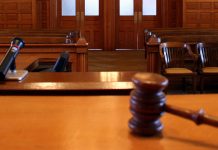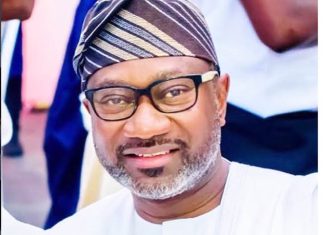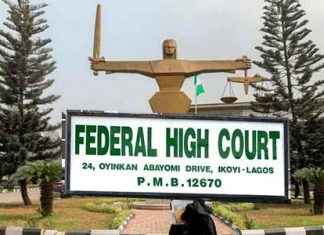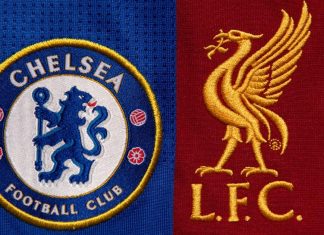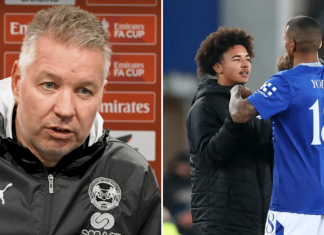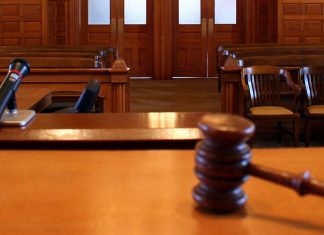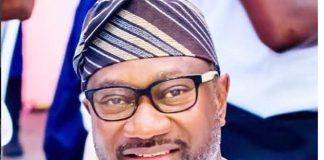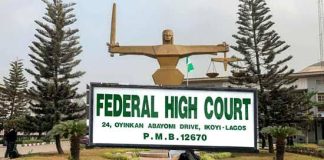Lebanon’s parliament has elected Joseph Aoun, the country’s army chief, as president, ending a two-year political deadlock that left the nation without a head of state.
Aoun, 60, secured the presidency after gaining the backing of key political parties and international support from the United States, France, and Saudi Arabia.
His rival, Suleiman Frangieh, backed by Hezbollah, withdrew his candidacy on Wednesday and endorsed Aoun, marking a turning point in the prolonged impasse.
The election comes just weeks after Lebanon brokered a ceasefire to end a 13-month war between Hezbollah and Israel, which left Hezbollah weakened and caused widespread devastation in areas under its influence.
In a speech to lawmakers following his election, Aoun declared that Lebanon had entered “a new phase in its history.” He vowed to ensure the state’s “exclusive right to bear arms,” a direct reference to Hezbollah’s military capabilities, which have often overshadowed the national army.
Aoun also outlined priorities for his six-year term, including reconstruction efforts for war-torn regions such as southern Lebanon, Beirut’s suburbs, and the Bekaa Valley. The World Bank estimates the cost of rebuilding at $8.5 billion.
He further pledged to address Lebanon’s myriad crises, including a prolonged economic depression, the aftermath of the 2020 Beirut port explosion, and the urgent need for political and economic reforms.
Lebanon’s political system requires the presidency to be held by a Maronite Christian under its sectarian power-sharing arrangement. However, deep divisions among lawmakers had led to 12 failed attempts to elect a president since Michel Aoun’s term ended in October 2022.
In Thursday’s first round of voting, Aoun fell short of the required two-thirds majority in the 128-seat parliament.
In a second round, he garnered 99 votes after receiving support from Hezbollah and its ally, Amal.
Hezbollah lawmaker Mohammed Raad described the delay in the election as a strategic move to ensure “national consensus.”
The United Nations, France, the US, and Iran congratulated Aoun on his election, pointing out the importance of his presidency in restoring stability and governance in Lebanon.
UN Special Coordinator Jeanine Hennis-Plasschaert called the election a “long-awaited first step” toward overcoming Lebanon’s institutional vacuum.
French President Emmanuel Macron described it as a “crucial election” for reform and sovereignty, while the US embassy in Beirut pledged support for Aoun’s efforts to unite the country and implement reforms.
Scenes of celebration erupted across Lebanon following the announcement. Aoun, dressed in a dark suit rather than his military uniform, inspected guards before entering parliament to be sworn in as president.
While the election of a president ends one chapter of Lebanon’s political crisis, significant challenges remain.
The country has lacked a functioning government since parliamentary elections in May 2022, with caretaker Prime Minister Najib Mikati’s administration operating with limited powers.
Aoun’s immediate tasks include facilitating the appointment of a prime minister, forming a government, and addressing the pressing needs of a nation struggling with economic collapse, political instability, and the aftermath of war.
Share your story or advertise with us: Whatsapp: +2347068606071 Email: info@newspotng.com





